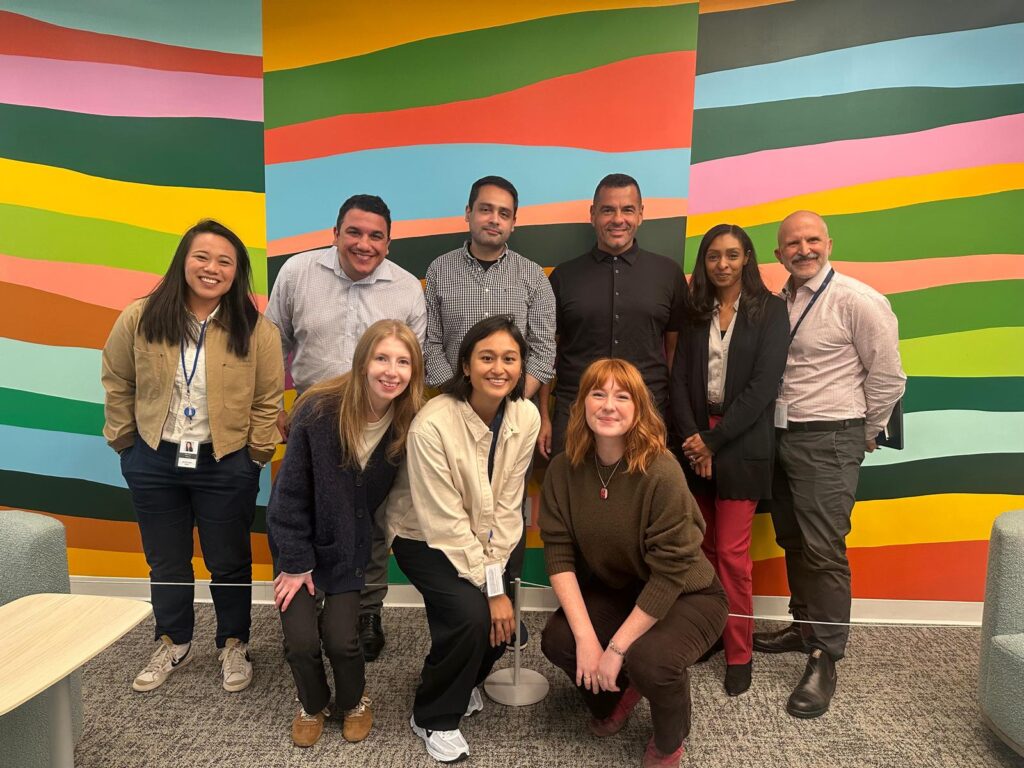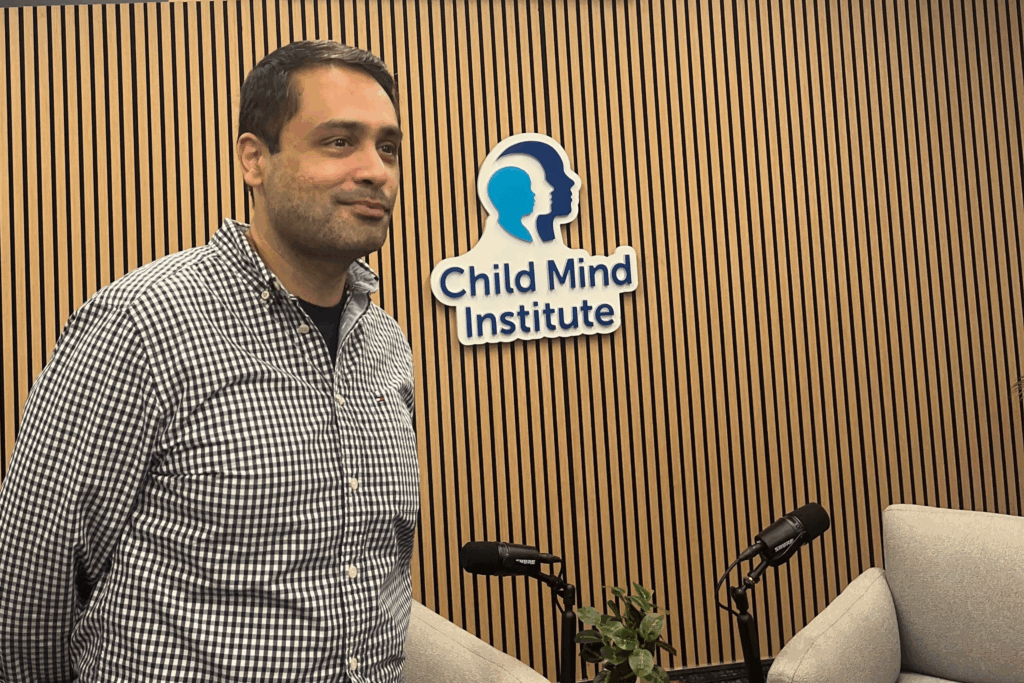By Hammad Sarfraz
SNF Global Center Communicator Fellow
Mental health is still one of the fringe issues in Pakistan, especially with regards to young people. It is too often seen as a type of deficiency or punishment instead of what it really is — an underlying health issue. Talking about mental health challenges like depression, anxiety, trauma, or substance use can easily invite considerable shame. Even today, people struggling with these issues are treated as social outcasts. And that, to me, is a societal failure.
Mental health is still one of the fringe issues in Pakistan, especially with regards to young people. It is too often seen as a type of deficiency or punishment instead of what it really is — an underlying health issue. Talking about mental health challenges like depression, anxiety, trauma, or substance use can easily invite considerable shame. Even today, people struggling with these issues are treated as social outcasts. And that, to me, is a societal failure.
I am dedicated to breaking the silence and placing mental health at the center of conversations in Pakistan and across the Global South. My mother’s struggles with depression have made this cause especially close to my heart. Therefore, being selected as a Rosalynn Carter Fellow for Mental Health Journalism, as part of the SNF Global Center for Child and Adolescent Mental Health at the Child Mind Institute’s Global Fellowships Program, is more than a professional achievement — it carries deep personal meaning. As a media practitioner, I’ve spent long hours in the newsroom, covering politics, conflict, climate change, and a wide range of other issues. One thing has always stood out — we fail to include mental health more prominently in our reporting. Even when trauma is etched on people’s faces, we rarely pause to think about it, let alone report on it.
 Hammad Sarfraz (top center), with the SNF Global Center at the Child Mind Institute team at the headquarters in New York City. October, 2025
Hammad Sarfraz (top center), with the SNF Global Center at the Child Mind Institute team at the headquarters in New York City. October, 2025
In 2023, I worked on an academic chapter that still haunts me. I traced and interviewed young survivors of conflict in Pakistan over the past decade. These were children experiencing a high degree of fear. None of those I spoke with at the time had received mental health support. For them, the terms post-traumatic stress disorder (PTSD) and trauma simply didn’t exist. And the media is partially responsible for this. Training in trauma-sensitive reporting has not been previously prioritized.
This glaring omission also relates to reporting on climate change and its intersection on youth mental health. Pakistan is at the frontline of the climate crisis. Floods, droughts, suffocating heatwaves, and brutal winters are our new normal. Millions are displaced and livelihoods have been destroyed. And while we’re quick to cover these natural disasters and the devastation they cause, we don’t talk about the mental toll.
Over the years, I’ve designed coverage highlighting how farmers battle depression as their crops wither season after season. I’ve told stories of families grappling with sorrow and uncertainty while striving to rebuild their lives. These are not just regular losses, but family and youth mental health emergencies we almost never put on our news agenda. Journalism, at its best, is about bearing witness and raising awareness. And if we continue to ignore the psychological scars of climate change, we fail to tell the entire story.
 Hammad Sarfraz, SNF Global Center Communicator Fellow, Child Mind Institute headquarters, New York City.
Hammad Sarfraz, SNF Global Center Communicator Fellow, Child Mind Institute headquarters, New York City.
October, 2025
This fellowship is my chance to help fill that gap. I believe I have the responsibility to use the platform that the Carter Center and the Child Mind Institute have offered me to bring mental health further into mainstream journalism. I hope to give voice to people whose struggles are too often invisible, and show that mental health is not a shameful secret but a central part of the human experience that requires strength and support. With these real and authentic stories, I aim to hold a mirror up to both society and decision-makers. We must ask ourselves why we continue to turn a blind eye to these mental health crises. And for how long?
As a journalist with a decade spent in the newsroom, I know how quickly headlines move on. But the trauma stays like an echo, never fully fading and continuing to shape lives in silence. As I begin this journey, my goal is to make sure that we no longer look away.
About Hammad Sarfraz
Hammad Sarfraz is the 2025 SNF Global Center Communicator Fellow, in partnership with The Carter Center’s Climate Change and Mental Health Fellowship division. He is an award-winning journalist who has covered politics, foreign policy, climate, and conflict. He currently leads a team of reporters across Pakistan as head of the Original Content and Special Reports section at The Express Tribune. Together, they report stories that often go unheard yet carry considerable impact.
